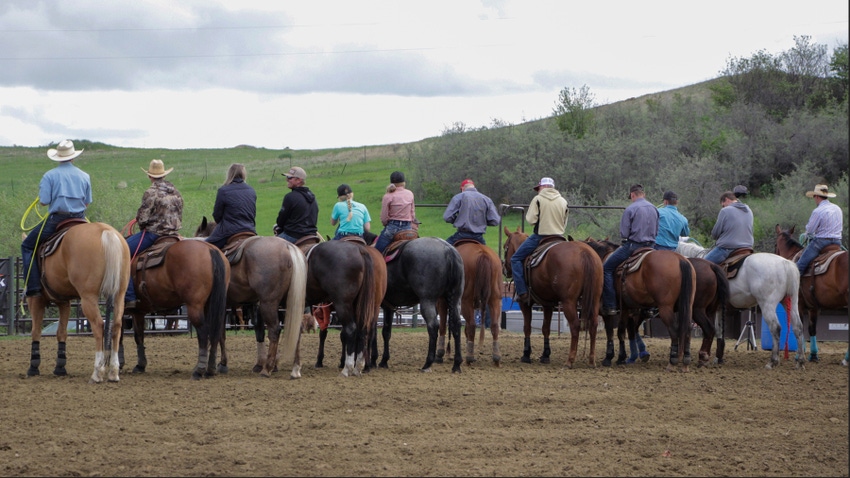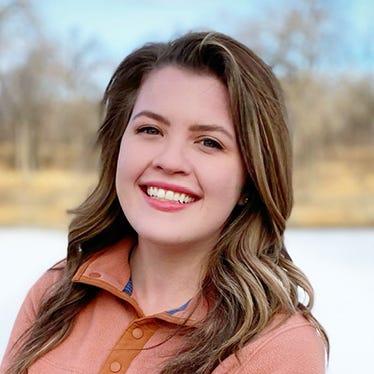
Communicable diseases such equine herpesvirus, or strangles, can spread rapidly from horse to horse. How can you keep your herd safe from catching these diseases and identify them if they do reach your animals? North Dakota State University Extension shared how in a recent equine management webinar.
These diseases can spread through contact, ingestion, vectors such as insects or birds, airborne droplets, or fomites.
Paige Brummond, NDSU Extension agent, explained the term fomite: “Buckets, brushes, sharing buckets among horses, even contaminated clothing or trailers. Anything that can have a pathogen come in contact with it can act as a fomite and spread to another animal.”
Start with healthy herd
Brummond said one of the best ways to stave off diseases is to start with a healthy horse herd. “Have that balanced ration and low-stress environment, and make sure your horses are current on the recommended vaccines.”
Develop a vaccination plan with your veterinarian. Brummond shared these recommended vaccines for horses in the Dakotas and surrounding region:
West Nile virus
eastern equine encephalitis
western equine encephalitis
tetanus
rabies
Risk-based vaccinations are herd-dependent. “Risk-based vaccines include equine herpesvirus, influenza and many, many more,” Brummond said. “We encourage owners to visit with your attending veterinarian, and you can do a little research ahead of time.”
Beef up biosecurity
For disease prevention, biosecurity alongside up-to-date vaccinations are the first lines of defense against communicable diseases. “Biosecurity is the act of limiting your exposure to diseases by implementing procedures to minimize the spread of pathogens,” Brummond said. “I really want to emphasize that this is risk reduction. We strive for our horses to never get exposed, that they never get sick. But we try to limit this through our biosecurity plans.”
No matter if your horse leaves the farm once a day or once a year, Brummond said a big risk for disease exposure occurs away from home. “If you purchase any new horses, bring them into a boarding operation or keep a friend’s horse over, quarantine is key,” she said.
Even quarantining horses that travel away from the established herd should be kept separate and avoid nose contact with any other horses.
“Not everyone has the option to keep them far apart. But if they’re only 10 feet apart, that’s not quarantine,” Brummond said. NDSU recommends that new horses be kept at least 120 feet apart from your herd for 14 to 28 days. “The longer that horse can stay quarantined the less risk you have of spreading a disease,” she added.
When looking for potential disease outbreaks with or without a quarantined animal, Brummond said knowing the behavior and early warning signs can help to get treatment early on.
“You have to know what is normal or not for your horse. Know how to take their vital signs and just observe your horses,” she said. “People can walk up and know instantly without needing to take vitals that something is wrong, because behavior is the first indication for them."
No matter if you have two or 22 horses in your barn, taking these steps and implementing a biosecurity plan can help prevent disease in your herd.
About the Author(s)
You May Also Like






